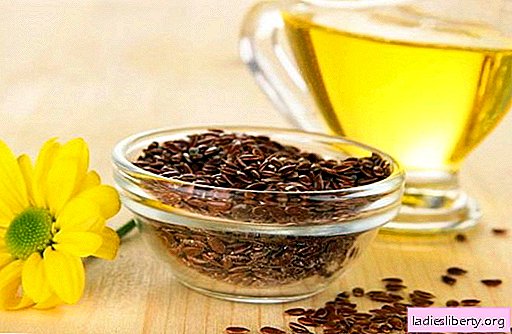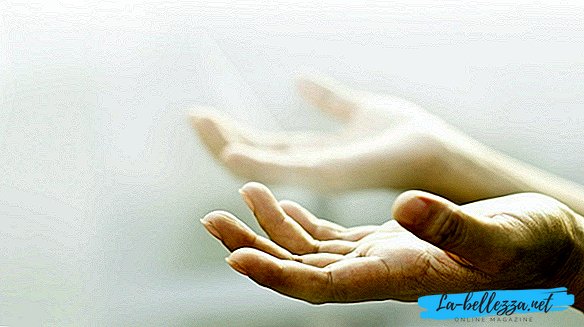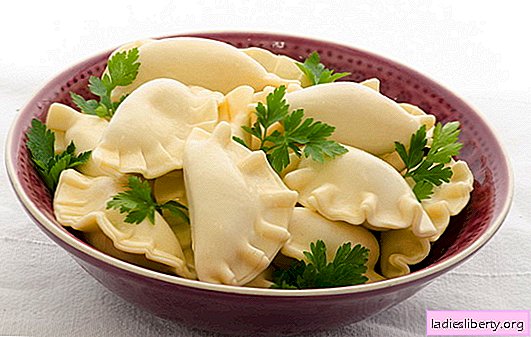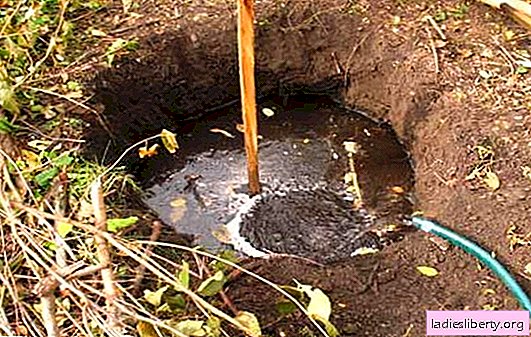
What to do if the eyelid is swollen?
With this question, people often turn to doctors or look for answers in specialized forums.
Anyone has encountered this problem at least once.
To understand what to do with the eyelid of the eye when it swells, first of all you need to understand the reason and after that you can proceed to treatment.
Swollen eyelid: what to do - look for reasons
The most common prerequisites for the appearance of puffiness are the following:
• The inflammatory process in the eyelids;
• diseases of the internal organs;
• The result of eye injury;
• Allergic reaction;
• eye infection;
• The use of alcoholic beverages and salty foods;
• Accumulation of excess fluid in the body;
• Violation of sleep patterns.
The most harmless of them is a malfunction of internal organs caused by improper nutrition. If in the evening something salty was eaten and a lot of water was drunk, then it is very likely that in the morning you will wake up with swollen eyelids. This is provoked by the fact that salt retains fluid in the body. The use of alcohol-containing drinks can cause the same phenomenon, since alcohol negatively affects the work of metabolic processes and increase the permeability of the walls of blood vessels.
The next case, if infectious pathogens got into the mucous membrane of the eye, which, most likely, provoked the development of conjunctivitis. In this case, tearing, purulent discharge, general redness of the eye and pain are observed. Especially often this disease affects children who, not observing hand hygiene, often rub their eyes.
In the spring-summer period, an insect bite, for example, a midge, can become the cause of an eyelid tumor. At the same time, tearing and pain are also observed. Also, a foreign body that has entered the eye can serve as a consequence of edema.
Eyelid swollen: what to do - first aid
With mechanical trauma to the eye or eyelid, it is necessary to provide assistance as soon as possible in order to avoid further unpleasant consequences. So, if any chemicals and compounds get into the eye, rinse them with a significant amount of running, cool water as soon as possible. When washing, the head should be tilted as low as possible so that water flows from the eye outward, while opening the eyes as wide as possible. If you cannot open your eyes, it is allowed to help open the eyelids with your fingers. After the unwanted substance has been completely washed out of the eye, cover your eyes with a clean cloth and seek medical help.
Foreign body in the eye. NEVER do not remove on your own if it gets into the eye:
• Particle invading the eyeball;
• Metal shavings;
• Particle located in the iris of the eye.
In these cases, cover the eye area with clean wipes and seek professional medical help as soon as possible.
Other small items, such as a speck or cilia, can be removed as follows:
1. Squint a few times. It is likely that the mote will come out with a tear.
2. If a piece of dirt is located behind the lower eyelid or on the visible part of the eye, remove it with a clean handkerchief.
3. If the particle is not visible, most likely, it has gone under the upper eyelid. In this case, by yourself or asking for help, pull the upper eyelid up, putting a cotton flagellum on it, and remove the foreign body.
If you cannot remove a foreign object yourself, then covering the injured eye with a napkin, seek help at the nearest emergency room.
Eyelids swollen: how to understand that a doctor is needed?
What to do if the eyelid is swollen over the eye, and the swelling has become denser and hotter to the touch? It is likely that this is a phlegmon (extensive lesion of the eyelids). The help of a specialist is definitely needed to avoid the transition of inflammation to neighboring tissues.
If for the first time, for no apparent reason, the eyelid is swollen and what to do is not clear, the best solution would be to seek help from a specialist. Since the most common reason for eye swelling is allergy, the doctor, after conducting a test to identify an allergic pathogen, will prescribe a course of treatment.
If you notice that the eyelid began to swell regularly, you should definitely undergo a comprehensive diagnosis of the whole organism. Cardiovascular diseases, kidney problems, and other diseases of the internal organs can provoke swelling of the eyelids.
Furunculosis, popularly called barley, occupies a special place in the list of causes of eye swelling. A sharp increase in body temperature, aching, throbbing pain in the eyelid, are frequent accompanies of this disease. If it is not possible to bring down the temperature, and the pain is constantly increasing, immediate medical attention is required.
Eye swelling caused by trauma. Such edema is always easily diagnosed, as often, a bruise is visible on the eyelid. Edema after the injury disappears during the first week and the help of a doctor in this case is not required. But, if in addition to the bruise there is also a painful compaction of the eyelid, then medical care, in this case, is necessary.
If the eyelid of the eye is swollen and reddened, this is most likely caused by an infectious agent that has entered the mucous membrane of the eye. In order not to start an eye infection, it is necessary at the first sign to consult an ophthalmologist who will select the course of treatment.
Swollen eyelid: what to do - medicines and folk remedies
If the eyelid is swollen, treatment should be started immediately. Help in this case can be diverse, it all depends on the root cause.
For example, in the treatment of allergic reactions, antihistamines are used. It can be drops, ointment or a hormonal anti-inflammatory drug.
If swelling of the eyelid is colds, then in this case, the doctor prescribes UHF, as well as antibacterial drugs.
When insect bites do not use special treatment, except in complicated cases. Then symptomatic therapy is used.
Quickly solve the problem that is associated with the development of infection will help the intake of diuretics.
With inflammatory diseases of the eyes of a bacterial nature, doctors recommend starting treatment immediately when the first symptoms appear. For example, a broad-spectrum antimicrobial agent ofloxacin from the group of fluoroquinolones of the second generation, which integrates into the cell walls of bacteria and blocks the work of enzymes responsible for the reproduction of DNA molecules, has well proven itself, after which the bacteria lose the ability to multiply and die. Ofloxacin is the active substance of the drug Floxal, which is available in the form of an eye ointment and drops and has a pronounced antibacterial effect. In barley, an antibacterial ointment is applied to the inflamed area, characteristic swelling of the eyelid, at least 3 times a day until the symptoms disappear completely, but for at least 5 days even if the symptoms have disappeared earlier. With bacterial conjunctivitis (red eye with purulent discharge), the drops are instilled 2-4 times a day until the symptoms disappear completely, at least 5 days in a row.
In all cases, it is worth remembering that the use of drugs, without the recommendation of a doctor, is extremely undesirable.
Next, we consider the means of folk medicine, which will help to cope with the problem if the eyelid is swollen, and do not know what to do.
In case it is necessary to quickly eliminate or reduce swelling of the eyelid, a compress of cold water will help, applied to the eyelid for several minutes. Or use pieces of ice wrapped in a soft cloth.
With conjunctivitis or the manifestation of other inflammatory symptoms of the mucous membrane of the eye or the edge of the eyelids, you can use bee honey diluted with boiled warm water (1: 2), like eye drops. Also in this case, a decoction of chamomile (a natural antiseptic) will help, which should be washed several times throughout the day. Lotions of fresh cucumber juice diluted with boiling water (1: 1) will relieve eye inflammation. A washing of the eyes with saline (a tablespoon of 1 cup of boiled water) will help with conjunctivitis.
For any diseases associated with the eyes, you should adhere to a therapeutic diet that limits the use of sweet, salty, spicy foods. The use of refined cereals, tomatoes, starchy foods is not recommended. Also, for the period of treatment, it is desirable to exclude the use of strongly brewed drinks, such as tea or coffee. Products to be included in the diet: vegetables (except potatoes), apples, eggs, honey, nuts, seafood, whole grains.











